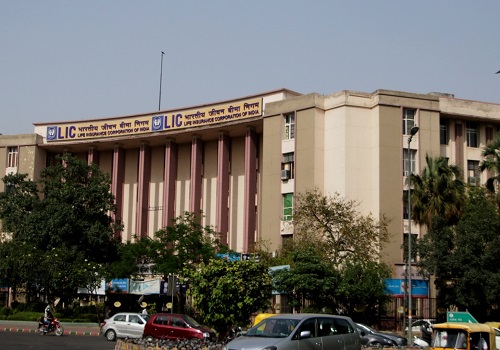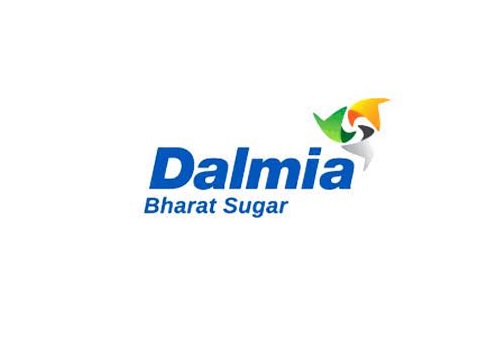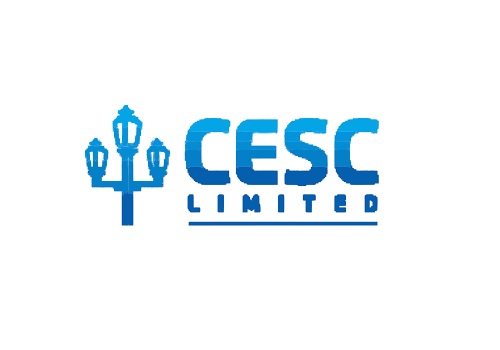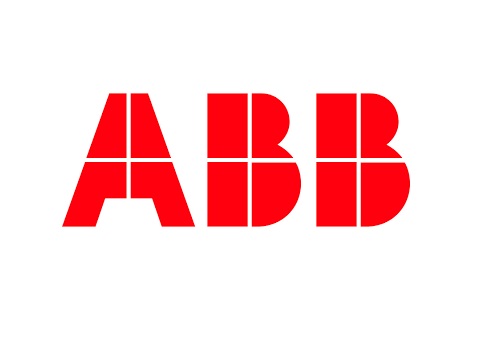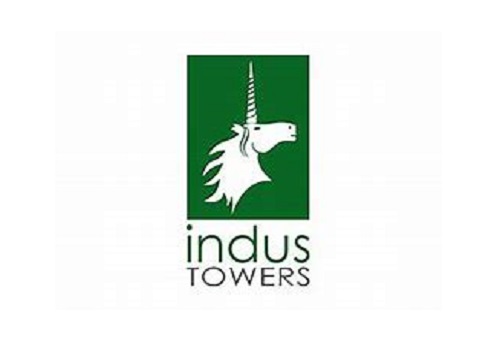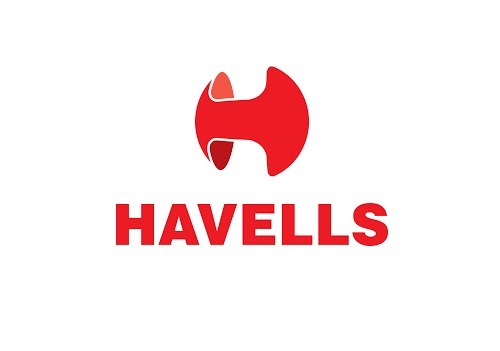Buy SBI Cards and Payment Services For Target Rs953 - ICICI Securities
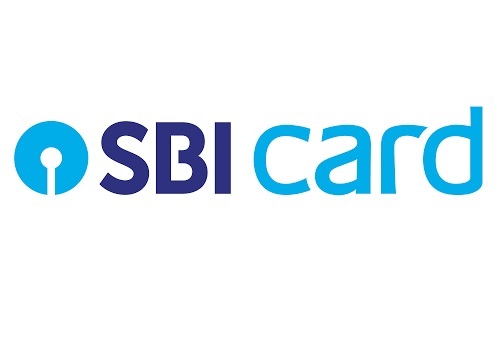
Follow us Now on Telegram ! Get daily 10 - 12 important updates on Business, Finance and Investment. Join our Telegram Channel
Valuations appear attractive in light of promising business potential beyond external overhangs
There is no change in the business prowess of SBI Cards (SBIC) considering the spends growth and its relative market share in CIF/spends. However, there were external overhangs of declining NIMs and loss in fees due to implementation of RBI master circular. However, these challenges have largely played out and are reflected in valuations, which have halved in past two years (charts-1&2). The company is likely to deliver a 5-year earnings CAGR of 27% between FY18-FY23E – a period that was also buffeted by covid. Considering the high-growth nature of the industry and SBIC’s leading position, we feel the headwinds from interest rate cycles, cost of volume growth, and slower interest-bearing asset formation are transient. Recovery in these cycles appears nearer now as we move further away from covid. Risks include possible regulatory cut in interchange fees.
* The industry (due to high growth) will always have optimisation challenges between investments and earnings, but there has been no loss in business for SBIC. This is worthy of appreciation considering that the change in receivables mix and increase in cost-to-income ratio is an industry phenomenon. There will always be a constant optimisation between growth investments and earnings, which may not consistently be in resonance. However, SBIC has maintained its market share broadly in the range of 18-19% in terms of spends and ‘cards in force’ (CIF) in a hyper-growth industry (spends/CIF grew 26%/15% between FY12-FY22). Even in the short term, the revolver segment has grown by 19%/24% in Q3/9MFY23 while EMI segment has grown by 50%/53% during the same periods resulting in lower revolver mix. Company did mention in its Q3FY23 call that the revolver mix of 24% during the quarter was 65% of pre-covid levels – similar to other industry players.
* Shift in receivables mix target strategy from 33:33:33 among the three segments to >60% interest-bearing asset is noteworthy. The shift is being driven by focus on the EMI category and an ongoing reset in revolver base post-covid. While there has been a constant yearning for improvement in revolver mix among investors, there have been no reservations from company in strategically increasing the EMI mix. We believe this anyway could increase the long-term business salience of the company while short-term receivables mix is lower on yields.
* Factoring-in all the pointers of RBI master circular, profitability may have bottomed out in Q3FY23. The negative impact of loss in OVL fees in Q3FY23 will partially be offset in near future via increase in charges on rental transactions and interchange fees (as detailed in table-1) and through changes in fees (table-2).
* However, NIM suppression could continue in Q4FY23. Cost of funds could increase by more than 30-40bps in Q4FY23. While part of it would be offset by passthrough of EMI rates (higher mix is helping), NIM could still be suppressed QoQ.
To Read Complete Report & Disclaimer Click Here
For More ICICI Securities Disclaimer https://www.icicisecurities.com/AboutUs.aspx?About=7
Above views are of the author and not of the website kindly read disclaimer













